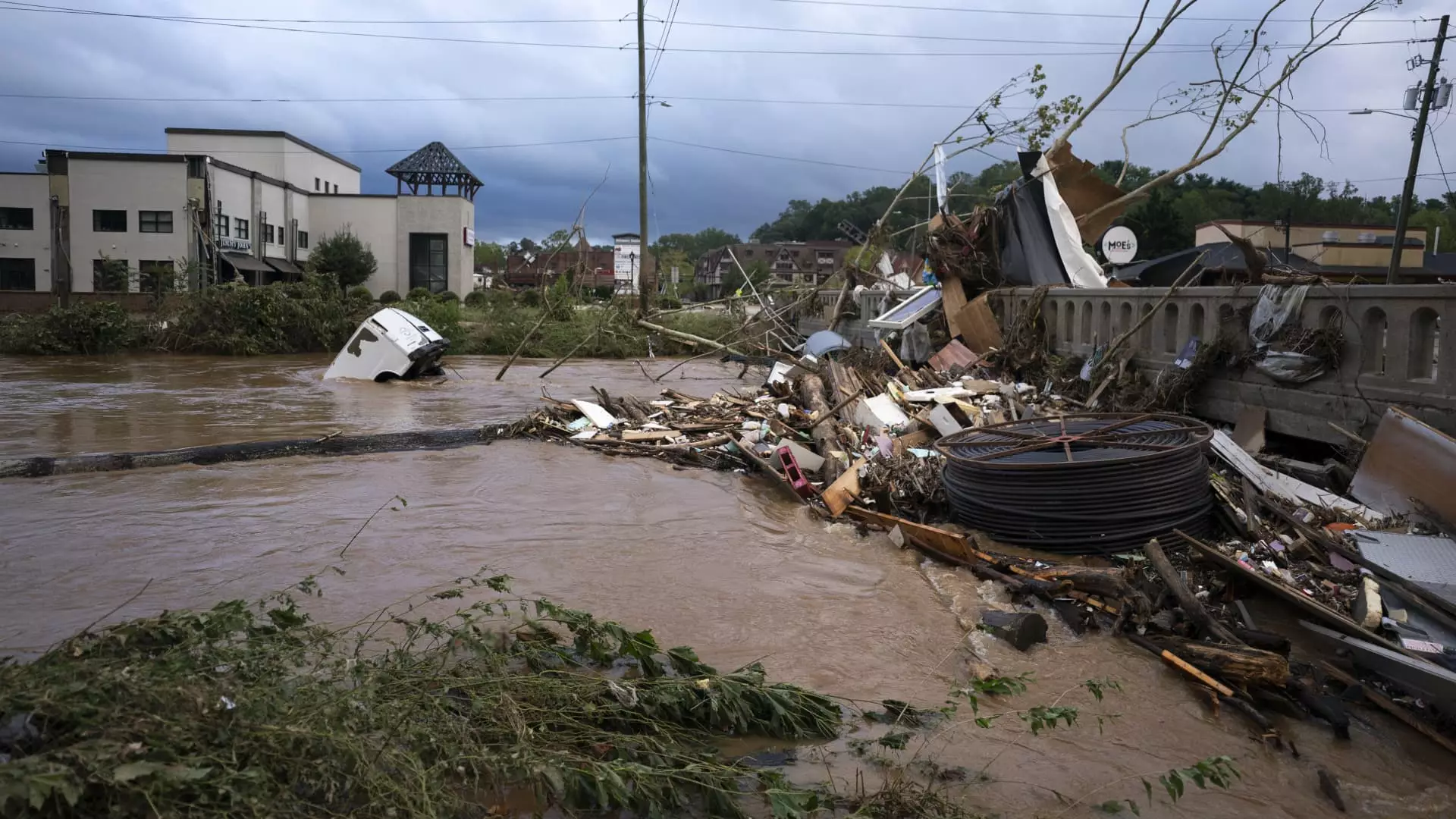In the wake of natural disasters, such as Hurricane Helene, communities often face not only the aftermath of the storm but also a myriad of complications that can exacerbate the difficulties residents face. Among these challenges, the threat of scams, particularly price gouging, rises significantly. This article delves into the implications of such exploitation, the legal frameworks in place to combat it, and how individuals can protect themselves during this vulnerable time.
The Reality of Price Gouging
Price gouging refers to the practice of raising prices on essential goods and services to exorbitant levels, particularly during emergencies. With Hurricane Helene impacting multiple states, reports of price gouging have surged, prompting officials to sound the alarm. North Carolina Attorney General Josh Stein highlighted an increase in complaints, noting over 100 reports of unreasonably high prices for basic necessities like fuel, groceries, and hotel rooms. Despite the presence of anti-price gouging laws designed to protect consumers, incidents continue to arise, reflecting a disheartening reality where individual greed can overshadow community support during crises.
Some states, including Florida, Georgia, and South Carolina, have echoed similar sentiments, asserting that while most businesses strive to assist their communities, a few exploit circumstances for financial gain. These laws vary from state to state, with some areas lacking sufficient legal protections against such practices, leaving consumers vulnerable and confused.
Understanding the Distinction
It’s crucial to differentiate between legitimate price fluctuations and price gouging. According to South Carolina Attorney General Alan Wilson, normal market adjustments should not be confused with exploitative practices. When common items like bottled water or chainsaws experience significant price hikes, it’s clear that such actions fall under price gouging, as emphasized by consumer advocacy experts.
Teresa Murray, the director of consumer watchdog for the U.S. Public Interest Research Group, highlights the stark difference between regular pricing increases due to supply shock and opportunistic price spikes. Yet, despite the existence of laws meant to deter such behavior, the possibility of violation remains, indicating a need for consumer vigilance and a robust reporting mechanism.
In the face of potential price gouging, consumers are encouraged to take proactive steps. When encountering suspiciously high prices, Murray suggests addressing the issue directly with the business. A calm yet assertive approach can often yield results. If the business remains unresponsive to concerns about pricing, residents are urged to report the incident to their state attorney general’s office, with photographic evidence proving to be effective in substantiating claims.
Moreover, individuals should remain wary of other forms of scams that often emerge during such times. The aftermath of natural disasters can attract scammers posing as government representatives, insurance agents, or repair contractors. Georgia’s Attorney General Chris Carr’s office advises individuals to refrain from sharing personal information with unknown parties and to be skeptical of services that require payment for assistance.
Homeowners in affected areas are often vulnerable to scams related to home repairs. Unscrupulous individuals may attempt to capitalize on the urgency to repair storm damage, emphasizing the importance of verifying any contractors before proceeding with work. Consulting with insurance providers regarding coverage for repairs is vital to avoid unnecessary financial strain.
Consumers should also consider researching contractors’ backgrounds through reputable sources like the Better Business Bureau. By following these steps, residents can ensure they hire legitimate professionals and avoid falling victim to fraud.
Car Buying Considerations
Amidst the chaos following Hurricane Helene, individuals considering the purchase of a vehicle must exercise heightened caution. Scammers may take advantage of the situation by selling flood-damaged cars at inflated prices. Potential buyers should verify vehicle history using resources such as the National Insurance Crime Bureau’s VINCheck and Carfax’s flood-check services to protect themselves from making a regrettable decision.
As communities come together to assist those in need, there is an increased risk of charity scams. Individuals eager to donate should meticulously verify organizations before contributing funds. Websites like Give.org and CharityNavigator.org can help discerning donors ensure their contributions reach legitimate and effective charities.
The aftermath of Hurricane Helene is a bittersweet reminder of the resilience of communities and the lurking dangers of exploitation. By being informed and vigilant, residents can safeguard against scams and price gouging while supporting one another through the recovery process. It is imperative to navigate these turbulent waters with care, ensuring that assistance is both genuine and effective.

